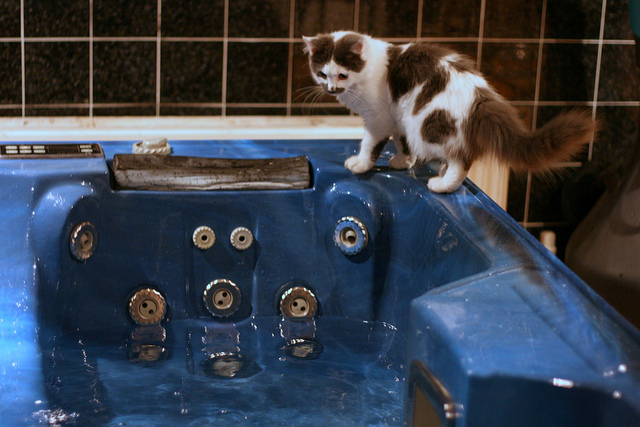Abbreviation: United States
- The abbreviation requires periods except in scientific text
- Abbreviate when using it as an adjective, e.g., U.S. currency or U.S. involvement in international politics
- Spell out when used as a noun, e.g., the United States was established in 1776, but it was not recognized as such until 1783
Clauses of attribution (e.g., Smith states, “…”)
- Capitalize the first word of a quotation following such a clause
- Do not use “that” with such clauses, e.g., use Smith states, “…” rather than Smith states that “…”
Word Choice
- YES homemaker NO housewife
- Yes inexpensive/less expensive NO cheap/cheaper
- YES state, exclaim, assert, share, declare, and maintain NO say
Capitalization
- Only capitalize president and other titles when they precede a name, e.g., President Lincoln
- (when referring to the western part of the world or the United States) YES the West and Western NO the west and western
- YES Internet NO internet
Hyphenation
- (before a noun) YES middle-class (acting as a noun) YES middle class
- YES user-friendly (always, not just before a noun)
- YES hardworking NO hard-working
- (before a noun) YES problem-solving (acting as a noun) YES problem solving
One word or two?
- YES data set NO dataset
- YES Web site NO website or Website
Commas
- Separate e.g. and i.e. from any sentence they are in using commas on both sides, for example, singers, e.g., Mariah Carey and Madonna
- or put them in parentheses and use a comma on the right, for example, singers (e.g., Mariah Carey and Madonna)
British English
- Verbs and nouns spelled with a z in American English are replaced with an s in British English, e.g., analyze (analyse), recognize (recognise), and organization (organisation). I usually use the Word find function to search for zs when working with British English because the spellchecker misses quite a few.
- Use towards in British English and toward in American English
